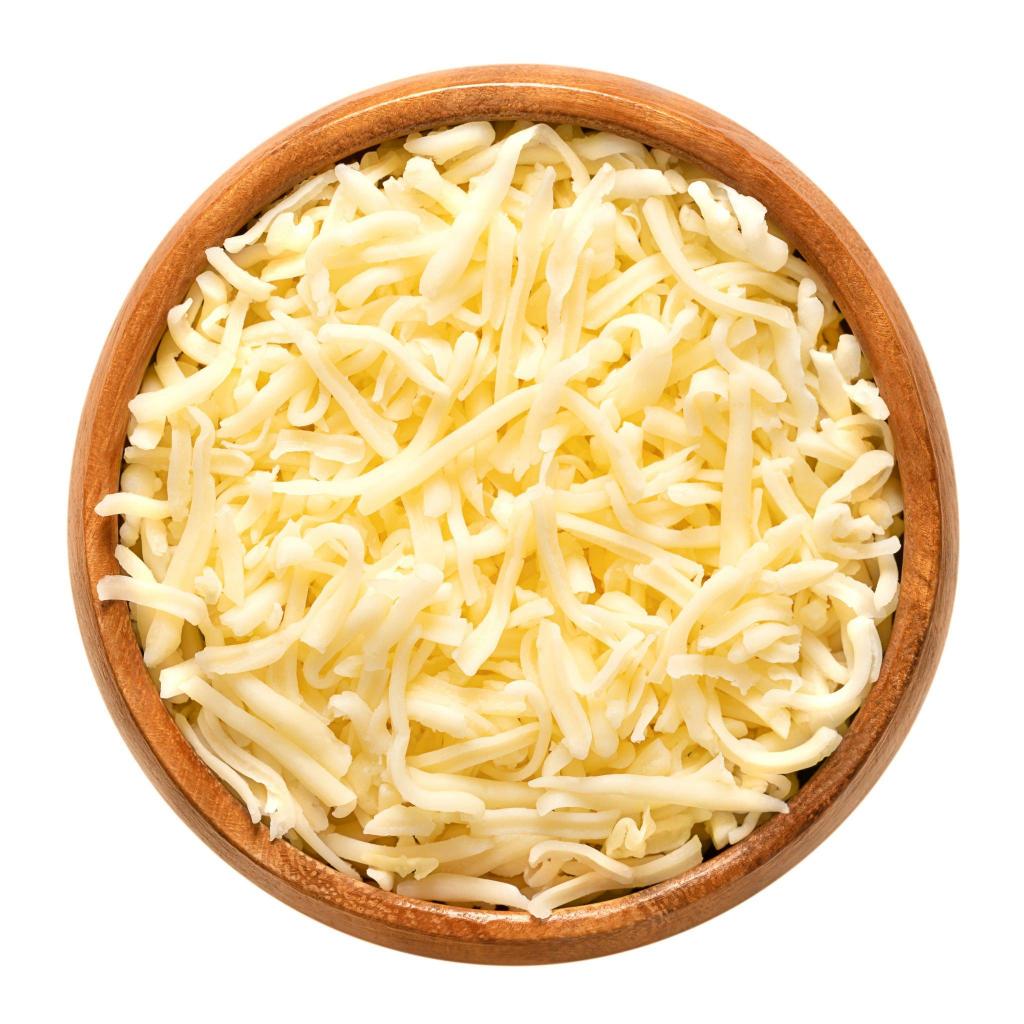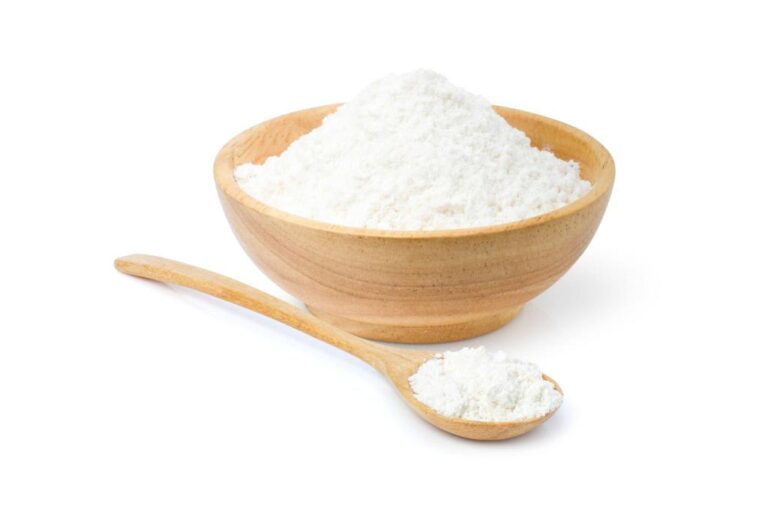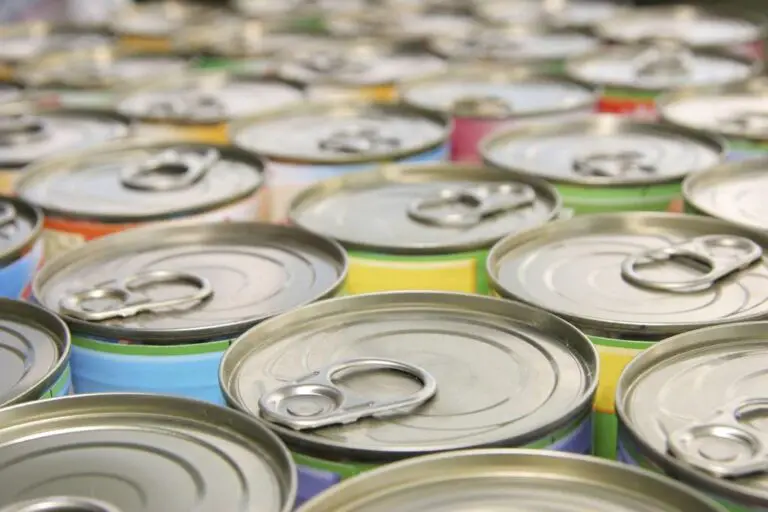My Mozzarella Cheese Smells Like Feet: Is It Still Good or Bad?

If you’ve ever opened a bag of mozzarella cheese and thought, “This smells like feet,” you’re not alone. It’s a peculiar phenomenon that has puzzled many cheese enthusiasts. Is it still safe to consume?
You’re not alone in this curious experience. It’s a quirk that has left cheese enthusiasts scratching their heads for years. Is it still safe to savor, or is it an alarming sign of spoilage?
In this article, we’re delving deep into the captivating world of mozzarella cheese, uncovering the science behind its perplexing scent, and finding out whether it’s a culinary triumph or a potential disaster in the making.
From the fascinating history of mozzarella to the intriguing factors that influence its scent, we’ll embark on a flavorful journey. So, if you’ve ever wondered about that “feet-like” aroma wafting from your cheese, join us as we uncover the mysteries of mozzarella.
Brief History of Mozzarella Cheese
Mozzarella cheese, with its smooth, milky texture and delicate flavor, is a culinary gem that has captured the hearts of food enthusiasts worldwide. To truly appreciate this beloved cheese, it’s essential to dive into its rich history. Mozzarella’s origins can be traced back to Italy, where it was first crafted using buffalo milk, lending it a unique creaminess and richness.
Over time, the cheese has evolved to include cow’s milk mozzarella, which is more widely available today. This evolution has brought about variations in taste and texture, but the essence of mozzarella’s deliciousness remains the same.
Characteristics of Mozzarella Cheese

Various Types of Mozzarella and Their Differences
Mozzarella cheese isn’t a one-size-fits-all treat. In fact, there are various types of mozzarella, each with its own distinct characteristics. Fresh mozzarella, typically found in the form of soft, white balls or logs, is famous for its mild, milky taste and moist, delicate texture. This type is perfect for salads, Caprese dishes, and as a pizza topping.
On the other hand, low-moisture mozzarella is what you’ll commonly encounter on pizzas. It’s firmer, shreds easily, and melts beautifully, making it the ideal choice for that perfect cheesy stretch in every bite. Each type offers a unique culinary experience, and knowing the differences can elevate your dishes.
Importance of Freshness and Proper Storage
No matter the type, one thing remains non-negotiable when it comes to mozzarella: freshness is key. Whether you’re dealing with the velvety softness of fresh mozzarella or the sturdiness of low-moisture mozzarella, freshness is what ensures you get that delightful flavor and texture.
To preserve the integrity of mozzarella, proper storage is crucial. Seal it in an airtight container or vacuum-sealed bag, and keep cheese in the refrigerator at around 35°F (1.6°C). This guarantees that your mozzarella will be at its best when you’re ready to create your culinary masterpieces. In essence, understanding mozzarella cheese means embracing its history, recognizing the variations, and appreciating the value of freshness and storage.
Why Does Mozzarella Smell Like Feet?
Mozzarella cheese is a beloved dairy product known for its mild, milky flavor and smooth, stretchy texture. But sometimes the peculiar “smell like feed” of mozzarella can turn off some people.
The key to understanding this lies in the cheese’s microbiology. During the cheese-making process, various microorganisms come into play. These include lactic acid bacteria, which are responsible for the cheese’s fermentation.
In some cases, unwanted bacteria or molds can make their way into the cheese, leading to the development of unusual odors.
Microorganisms at Play
During the cheese-making process, various microorganisms come into play. These include lactic acid bacteria, which are responsible for the cheese’s fermentation. In some cases, unwanted bacteria or molds can make their way into the cheese, leading to the development of unusual odors.
One of the primary reasons is the presence of specific bacteria, such as Brevibacterium linens, which are also responsible for the distinctive odor of human feet. These bacteria are commonly used in the production of certain types of cheese, including some varieties of mozzarella, to enhance the flavor profile.
Aging and Moisture Levels
Another factor that can influence the scent of mozzarella is its age and moisture content. Fresher mozzarella, which has a higher moisture content, tends to have a milder aroma. As the cheese ages and loses moisture, it can develop stronger and sometimes off-putting odors.
Packaging Matters
The way mozzarella cheese is stored and packaged can also impact its aroma. If the cheese is poorly sealed or exposed to air, it can absorb odors from its surroundings, making it smell less appealing.
Is It Still Safe to Eat?
Now that we’ve explored why mozzarella cheese might smell like feet, the next question is whether it’s still safe to consume. The good news is that, in most cases, the foot-like aroma is not a sign of spoilage or harmful bacteria.
Trust Your Senses
Our sense of smell is an excellent indicator of food quality. If the cheese smells bad in a way that goes beyond the mild foot-like scent, it’s a sign that something might be wrong. If it smells rancid, sour, or strongly of ammonia, it’s best to discard it.
Check for Visible Signs
Besides the aroma, visually inspect the cheese. Mold, excessive moisture, or discoloration can be indications of spoilage. If there are no visible issues and the cheese only has a faint “feet” aroma, it’s likely safe to consume.
Taste Test
When in doubt, give it a taste. If the cheese tastes off or is significantly different from what you’re used to, it’s best to err on the side of caution and avoid it.
While some cheeses may naturally possess a slightly tangy or pungent aroma, a strong and offensive “feet-like” odor is a clear indication of possible spoilage or contamination.
Prioritizing food hygiene and adhering to recommended storage guidelines can help minimize the likelihood of encountering mozzarella cheese with such undesirable characteristics, ensuring a safe and enjoyable culinary experience.
How to Prevent the “Feet” Smell in Mozzarella Cheese
To prevent mozzarella cheese from developing the foot-like smell in the first place, consider these tips:
Proper Storage
Store mozzarella cheese in an airtight container or vacuum-sealed bag to minimize exposure to other odors. Keep it in the refrigerator at a temperature of around 35°F (1.6°C) to maintain its freshness.
Consume Fresh Mozzarella Promptly
If you have fresh mozzarella, try to use it within a few days to enjoy it at its best. The longer it sits in the fridge, the more likely it is to develop stronger odors.
FAQs on Mozzarella Cheese Scent
How can I tell if mozzarella cheese has gone bad?
Look for changes in texture, such as excessive hardness or sliminess, and observe any discoloration or mold growth. A sour or pungent odor, especially resembling ammonia or sulfur, is a strong indicator of spoilage.
Can you get sick from eating smelly mozzarella cheese?
Consuming smelly mozzarella cheese can potentially cause food poisoning or other gastrointestinal issues if it is contaminated with harmful bacteria or molds.
How do I get rid of the smell in mozzarella cheese?
To eliminate unwanted smells, try wrapping the cheese in wax paper or aluminum foil before refrigerating it. Additionally, placing an open container of baking soda nearby can help absorb odors.
What are the main factors that contribute to the unpleasant smell of mozzarella cheese?
Factors such as improper storage temperature, exposure to moisture, contamination from undesirable bacteria or molds, and extended aging can contribute to the unpleasant smell of mozzarella cheese.
How long does mozzarella cheese typically last before it goes bad?
When properly stored in the refrigerator at temperatures between 34 to 38 degrees Fahrenheit, mozzarella cheese can typically last for about one to two weeks past the “sell-by” date, depending on the type and freshness.
What are the best ways to use and enjoy mozzarella cheese while ensuring it remains fresh and appetizing?
Enjoy mozzarella cheese in various dishes like caprese salad, pizza, or pasta, ensuring it is added at the end of the cooking process to preserve its texture. Store it properly, away from strong-smelling foods, and consume it within the recommended time frame for optimal freshness.





